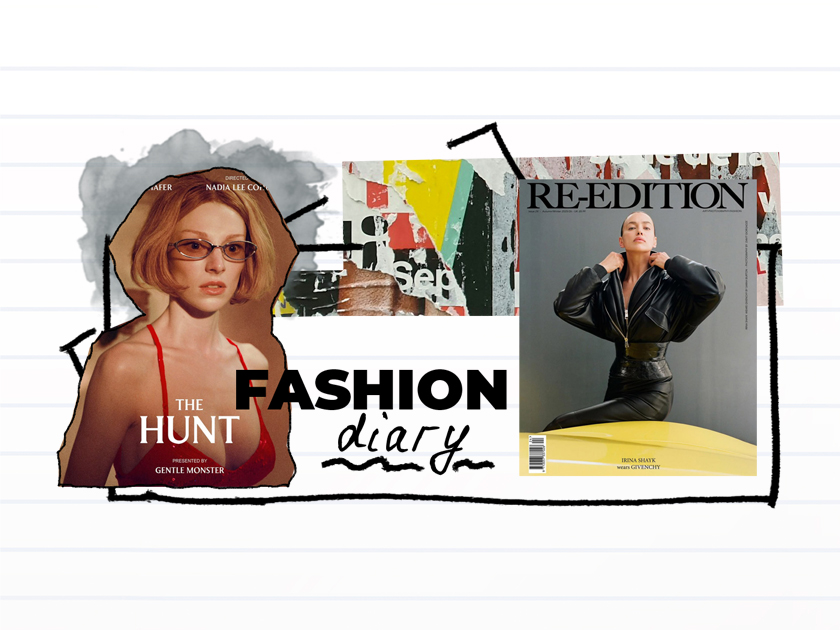
Why did the teenage dystopia genre fail? Science fiction that never got old – 20th Century Fox | Warner Bros. (courtesy)
Until a few years ago, the discourse in the science fiction genre was conveyed by films such as’ The Hunger Games’ or ‘Divergent. Today the adolescent dystopia genre has been forgotten and science fiction has continued to advance regardless of these stories, but why?
Born as popular novels among the teenage audience, sagas like the aforementioned ‘The Hunger Games’, ‘Divergent’, ‘Maze Runner’, ‘The Fifth Wave’ were very successful in the 2010s, however, what appeared to be a genre that could evolve over time, vanished, to the point that no major Hollywood production company would risk betting on such a production.
In addition, it was also the rise of great and promising Hollywood stars such as Jennifer Lawrence, Shailene Woodley, Asa Butterfield or Dylan O’Brien, some of them with luck or luck in their careers. For this reason, in addition to adaptations of other books for teenagers, the genre began to gain strength among the mass audience.
But before, Adolescent dystopia is characterized by being set in futuristic worldswho, for various reasons, are oppressed by oppressive governments, cutting-edge technologies and, above all, young protagonists who are both heroes and saviors of the people they are trying to free.
The rise and fall of adolescent dystopias
The turning point of the genre came when ‘The Hunger Games’ dared to make a political comment, which all the others had in the background, one which, although it was part of the plot, no one dared to point out, much less stop delving into it, given that the spectacularity of this type of film would lose a lot of audience.
And that was his wasted opportunity, many credit it the adolescent dystopia genre took a lot for grantedbut the one who ended up digging his grave was taking his audience as a mere mass of people from whom he could get money and movie tickets.
As the genre exploded in popularity, many book authors began publishing sagas and signing contracts with major Hollywood production houses to bring their adaptations to the big screen. But these have become so saturated that political commentary has been left in the background.
The term dystopia is attributed to John Stuart Mill, but was popularized in later science fiction novels such as’ The Iron Heel ‘, and eventually consecrated with works such as Aldous Huxley’s’ Brave New World’, George Orwell’s’ 1984 ‘and’ Fahrenheit 451 ‘, stories with a fairly strong political component.
This tendency, among other things, was attributed to counter-system ideas, that is, that their plots criticized an aspect of the society of their authors, in a world in which morality and politics kept their protagonists oppressed, and the people in whom they themselves lived.
What I mean is dystopia, as a concept, aims to denounce the system, take a downside of modernity to show the different ways it could end in the future. A fairly large, and if possible more interesting, space of possibility can be seen from the eyes of a teenager, contrary to many of the protagonists of these stories.
The flip side was that, for dystopian teen movies, they focused so much on form, less than substance. Also, that fanatic audience of these tapes, little by little, grew, their stars too, and the audience of this audience changed, while the stories didn’t change with them.
By Jorge Ruiz
Source: Nacion Flix
Elizabeth Cabrera is an author and journalist who writes for The Fashion Vibes. With a talent for staying up-to-date on the latest news and trends, Elizabeth is dedicated to delivering informative and engaging articles that keep readers informed on the latest developments.




